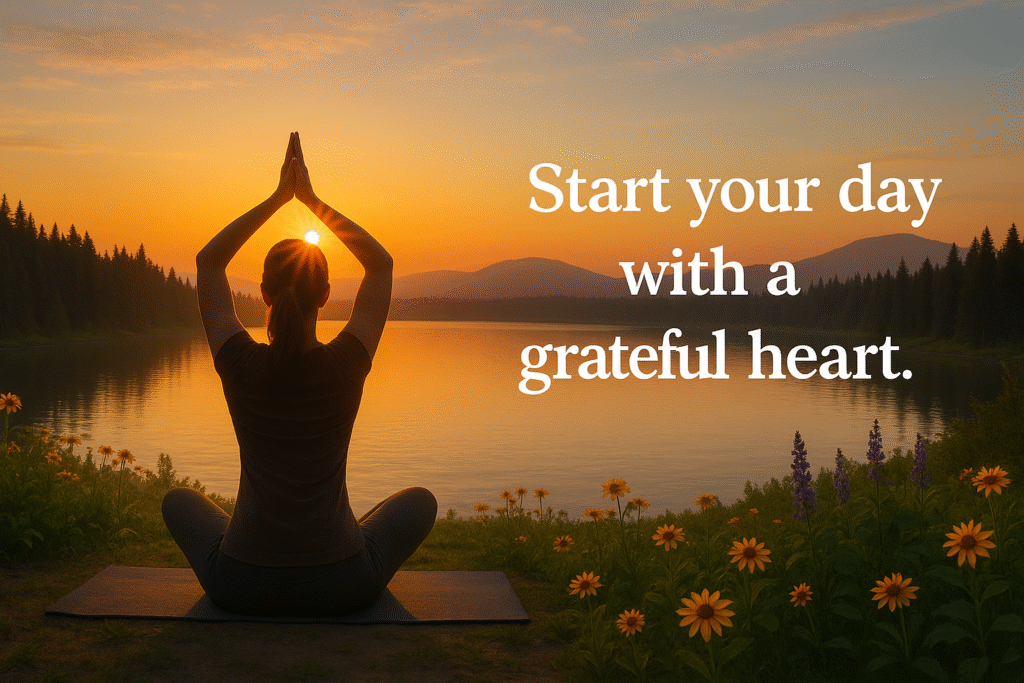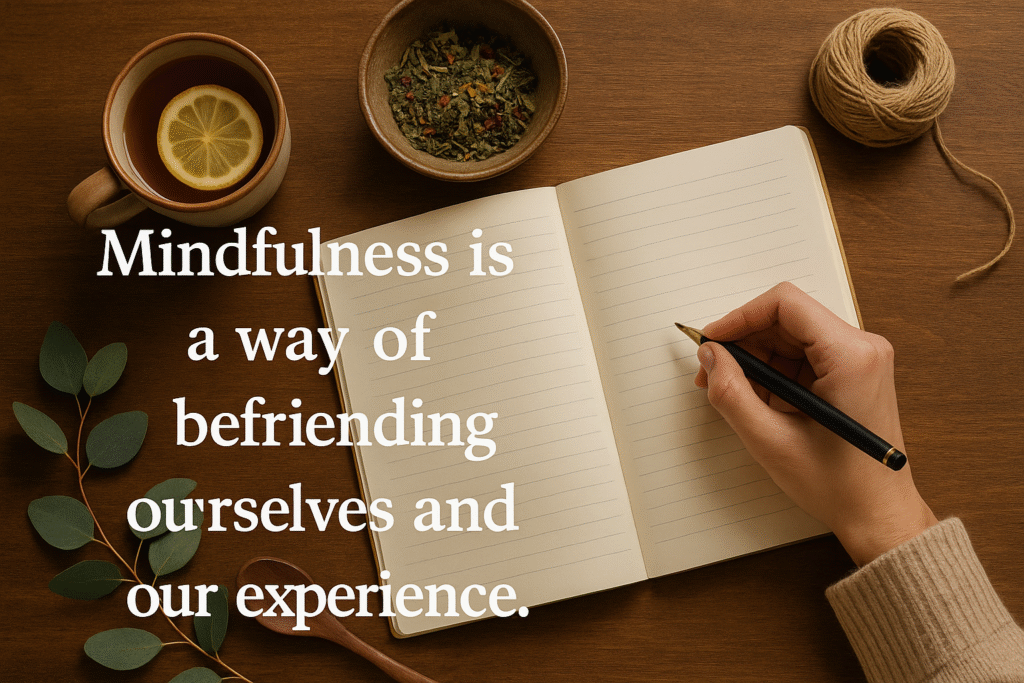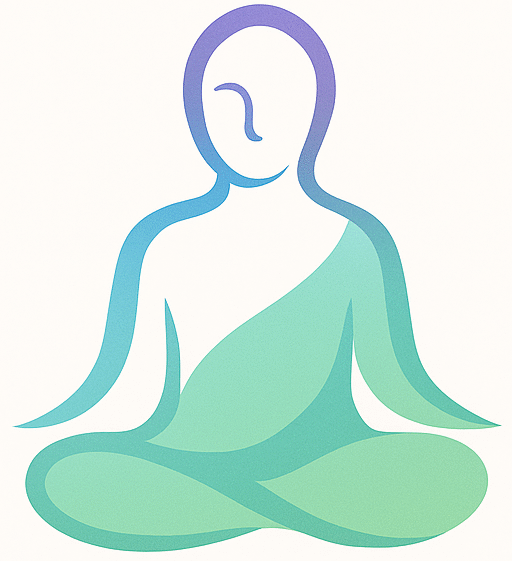How to Overcome Anxiety and Stress Naturally
LETS GO –
🌱 The Silent Epidemic of Our Time
Anxiety and stress have silently crept into our daily lives. They whisper in our ears before interviews, keep us awake at night, and make us feel like we’re carrying invisible weights. According to the World Health Organization, one in every eight people globally lives with a mental disorder, most commonly anxiety or stress-related conditions.
But here’s the good news: You don’t always need pills or expensive therapy sessions to start feeling better. Natural, science-backed techniques can help you take control of your emotions and start living with peace and purpose.
In this comprehensive psychologist’s guide, you’ll discover natural, practical, and powerful ways to overcome anxiety and stress, using tools that are accessible, affordable, and effective.
🧠Understanding Anxiety and Stress
❓ What Is Anxiety?
Anxiety is your body’s natural response to stress, a feeling of fear or worry about what’s to come. A job interview, a final exam, or a first date may cause anxiety. But chronic anxiety — the kind that stays even when there’s no clear cause — can disrupt your life.
🧨 What Causes Stress?
Stress is your body’s reaction to any demand or challenge. It can be positive (like motivation before a performance) or negative (when it feels overwhelming).
Common Triggers:
- Work pressure
- Financial problems
- Relationship conflicts
- Health issues
- Lack of sleep
- Social media overuse
🔍 Note from a psychologist: Anxiety and stress are not signs of weakness. They are signs that you’re trying to be strong for too long.
🌿Natural Remedies That Actually Work
Forget quick fixes. These natural remedies offer lasting relief — all backed by science and psychological research.
1. 🌬️ Deep Breathing (The 4-7-8 Method)
How to do it:
- Inhale for 4 seconds
- Hold for 7 seconds
- Exhale for 8 seconds
Repeat for 4–8 cycles, especially during panic attacks or overwhelming stress.

Why it works: Deep breathing activates the parasympathetic nervous system, reducing cortisol and calming your mind.
2. 🧘♀️ Yoga and Mindful Movement
Daily yoga has been shown to:
- Lower cortisol (stress hormone)
- Improve sleep
- Reduce anxiety by 40–60%
Start with:
- Sun Salutation (Surya Namaskar)
- Cat-Cow Pose (Bitilasana Marjaryasana)
- Legs Up the Wall (Viparita Karani)
🧠 Psychologist’s tip: Yoga is like emotional digestion. It helps your body process unspoken feelings.
3. 🧂 Magnesium-Rich Foods
Magnesium is a natural muscle relaxant and supports brain health.
Eat more:
- Dark chocolate 🍫
- Spinach 🥬
- Bananas 🍌
- Avocados 🥑
- Pumpkin seeds 🎃
Studies show magnesium deficiency is common in people with anxiety. Supplement if necessary (consult your doctor).
4. 🌼 Herbal Teas for the Soul
- Chamomile Tea – acts as a mild sedative
- Ashwagandha – adaptogenic herb used in Ayurveda
- Lavender – soothing and calming
- Green Tea (L-theanine) – boosts alpha brain waves, reduces anxiety
Drink 1–2 cups daily. Make it a ritual.
5. ☀️ Morning Sunlight Exposure
Spend at least 15–20 minutes in sunlight every morning.
Why?
- Regulates circadian rhythm
- Boosts serotonin (feel-good chemical)
- Reduces depression and anxiety symptoms
6. 📵 Digital Detox
Unplug to reconnect.
- Set social media limits
- Turn off notifications
- Replace screen time with green time (nature walks, reading)
Studies show social media is directly linked to higher levels of stress, FOMO (fear of missing out), and anxiety.
❤️Psychological Techniques You Can Use Anytime
1. 📝 Journaling Your Thoughts
Spend 5–10 minutes a day writing freely. Don’t censor.
Try this prompt:
“Today I feel anxious about… but I know that I can manage because…”
Journaling helps process emotions and builds self-awareness — a major factor in emotional resilience.
2. 🧠 CBT-Inspired Thought Reframing
Cognitive Behavioral Therapy (CBT) is a gold standard in anxiety treatment.
Use this method:
| Negative Thought | Challenge It | New Thought |
|---|---|---|
| “I always mess up.” | Is that really true every time? | “I’ve made mistakes, but I’ve also succeeded.” |
This rewires your brain over time.
3. 💬 Affirmations and Self-Talk
Words matter. Repeating positive affirmations changes your mindset.
Try these daily:
- “I am safe. I am calm.”
- “I trust the process of life.”
- “This feeling is temporary.”
Write them on sticky notes. Mirror work helps too — look into your eyes and say them aloud.
🌍Lifestyle Shifts That Reduce Anxiety Naturally
1. 🥗 Balanced Nutrition
What you eat affects your mental health.
Foods to Include:
- Omega-3s (chia seeds, walnuts)
- Probiotics (yogurt, fermented foods)
- Whole grains (brown rice, oats)
Avoid:
- Caffeine (triggers anxiety)
- Sugar (mood swings)
- Alcohol (short-term relief, long-term harm)
2. 💤 Prioritize Deep Sleep
Lack of sleep amplifies anxiety tenfold.
Psychologist-approved sleep hygiene:
- No screens 1 hour before bed
- Keep room dark and cool
- Sleep same time daily
- Try sleep meditations (use apps like Calm or Insight Timer)
3. 🚶 Daily Movement
You don’t need a gym. Just 30 minutes of walking daily lowers anxiety.
Try:
- Walking barefoot on grass (earthing)
- Nature walks
- Dancing to your favorite music
Movement releases endorphins — your body’s natural anxiety relievers.
4. 🤝 Human Connection
Loneliness is a hidden driver of stress.
- Call a loved one daily
- Join a support group
- Volunteer — giving boosts serotonin
Fun fact: A 10-minute heartfelt conversation can lower stress for the entire day.
🧘Meditation — The Superpower Within
Why meditate?
- Increases gray matter in emotional regulation areas of the brain
- Reduces cortisol and adrenaline
- Builds calm even in chaos
Simple Practice: “5-Minute Breath Anchor”
- Sit comfortably, eyes closed.
- Inhale deeply. Focus only on the breath.
- If thoughts arise, gently return to breath.
- Practice daily, ideally morning and evening.

🧘 “You should sit in meditation for 20 minutes a day… unless you’re too busy. Then you should sit for an hour.” – Zen Proverb
🔁Dealing with Relapses and Setbacks
You will have bad days. And that’s okay.
Here’s how to cope:
- Don’t panic — it’s normal
- Use your toolbox (breathing, journaling, nature)
- Reflect, don’t judge
- Talk to a psychologist if it lasts more than 2 weeks
Healing is not linear. It’s like waves — sometimes high, sometimes low — but always moving forward.
📈When to Seek Professional Help
Sometimes natural remedies need to be supported by therapy.
Seek help if:
- Anxiety affects daily life
- You have frequent panic attacks
- You feel hopeless or suicidal
- Nothing seems to help
A psychologist can provide structured support, CBT, EMDR, and other evidence-based methods.
There’s no shame in seeking help. It’s an act of strength.
🌟 Conclusion: You Are Not Alone
If you’ve read this far, remember: Healing is possible.
Anxiety and stress don’t have to control your life. With patience, self-compassion, and the natural techniques outlined here, you can feel peace again. You can find joy in small things. You can breathe freely — deeply — fully.
And remember, YMukti.com is here to support your mental wellness journey.
📌 Bonus: 7-Day Natural Anxiety Relief Plan
| Day | Focus |
|---|---|
| Monday | Morning Sunlight + Deep Breathing |
| Tuesday | Yoga + Chamomile Tea |
| Wednesday | Digital Detox + Journaling |
| Thursday | CBT Thought Reframing |
| Friday | Nature Walk + Affirmations |
| Saturday | Guided Meditation |
| Sunday | Magnesium Foods + Rest |
Ymukti
How to Overcome Anxiety and Stress Naturally: A Psychologist’s Guide

